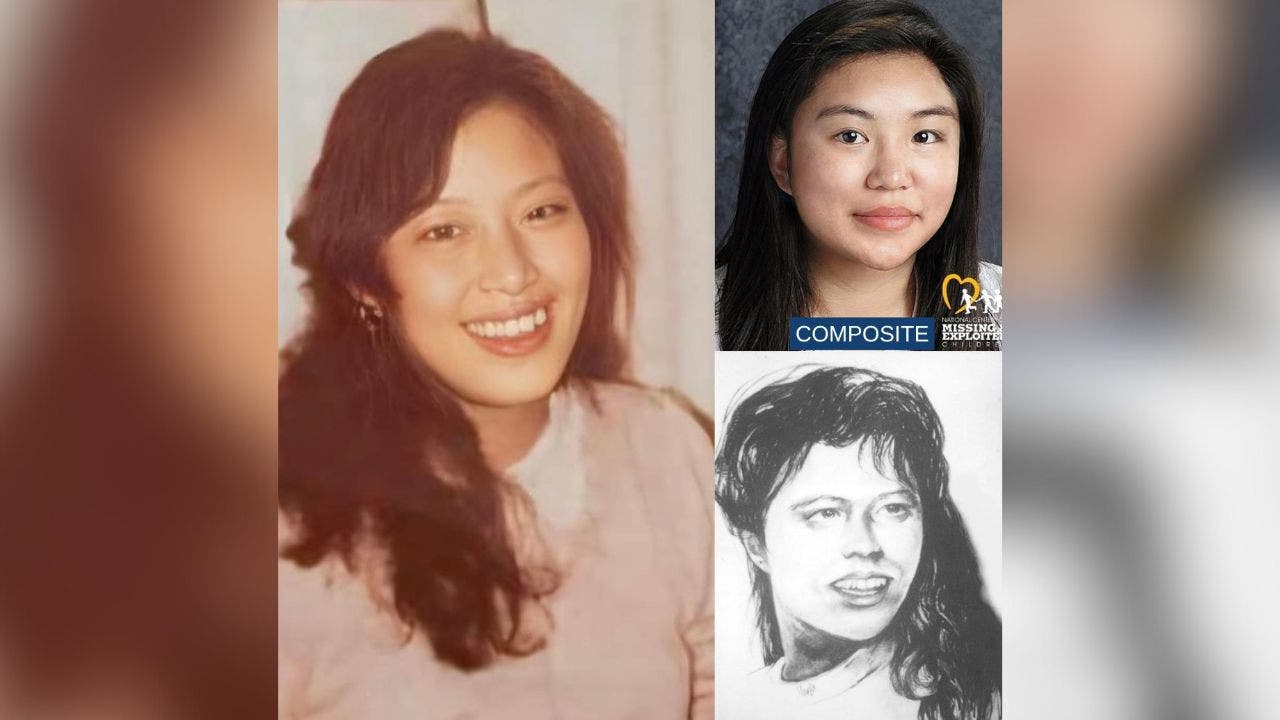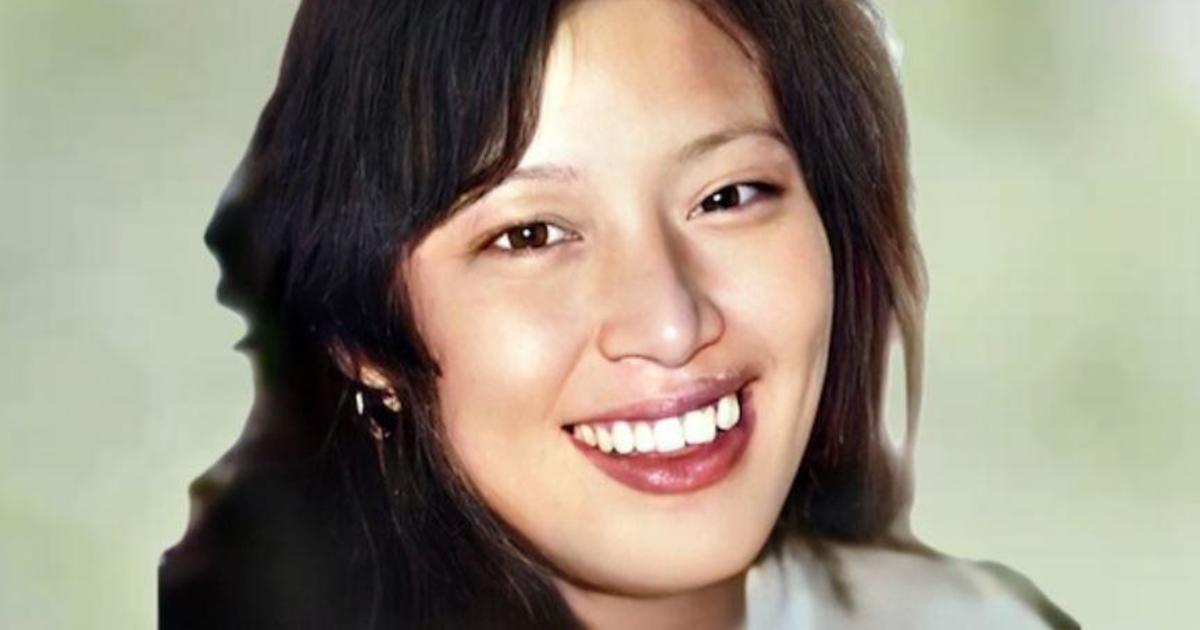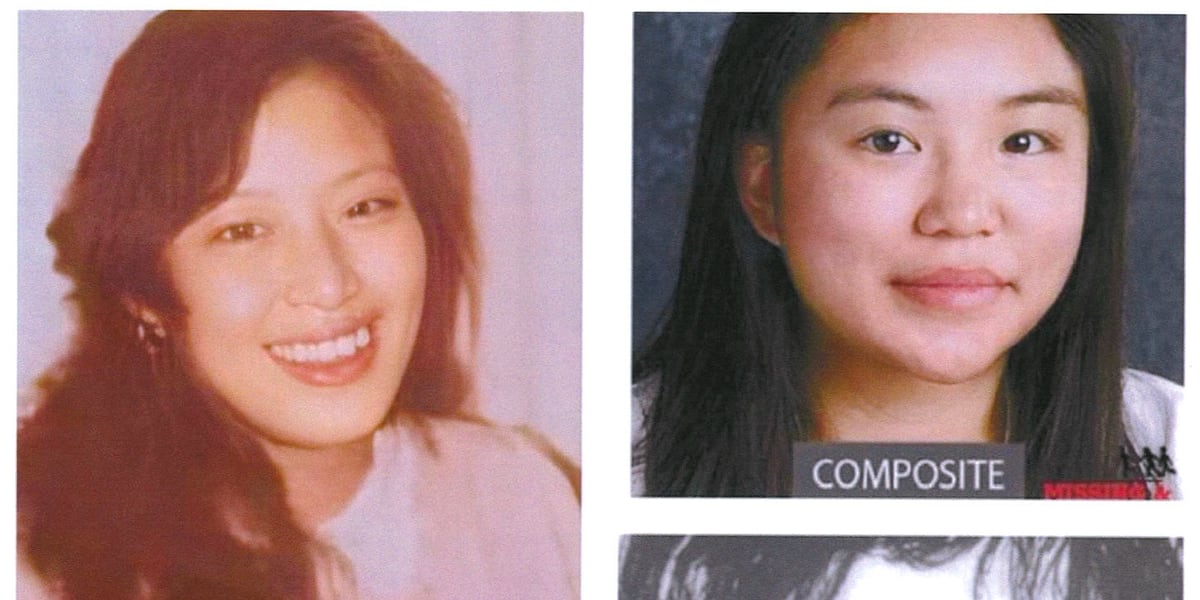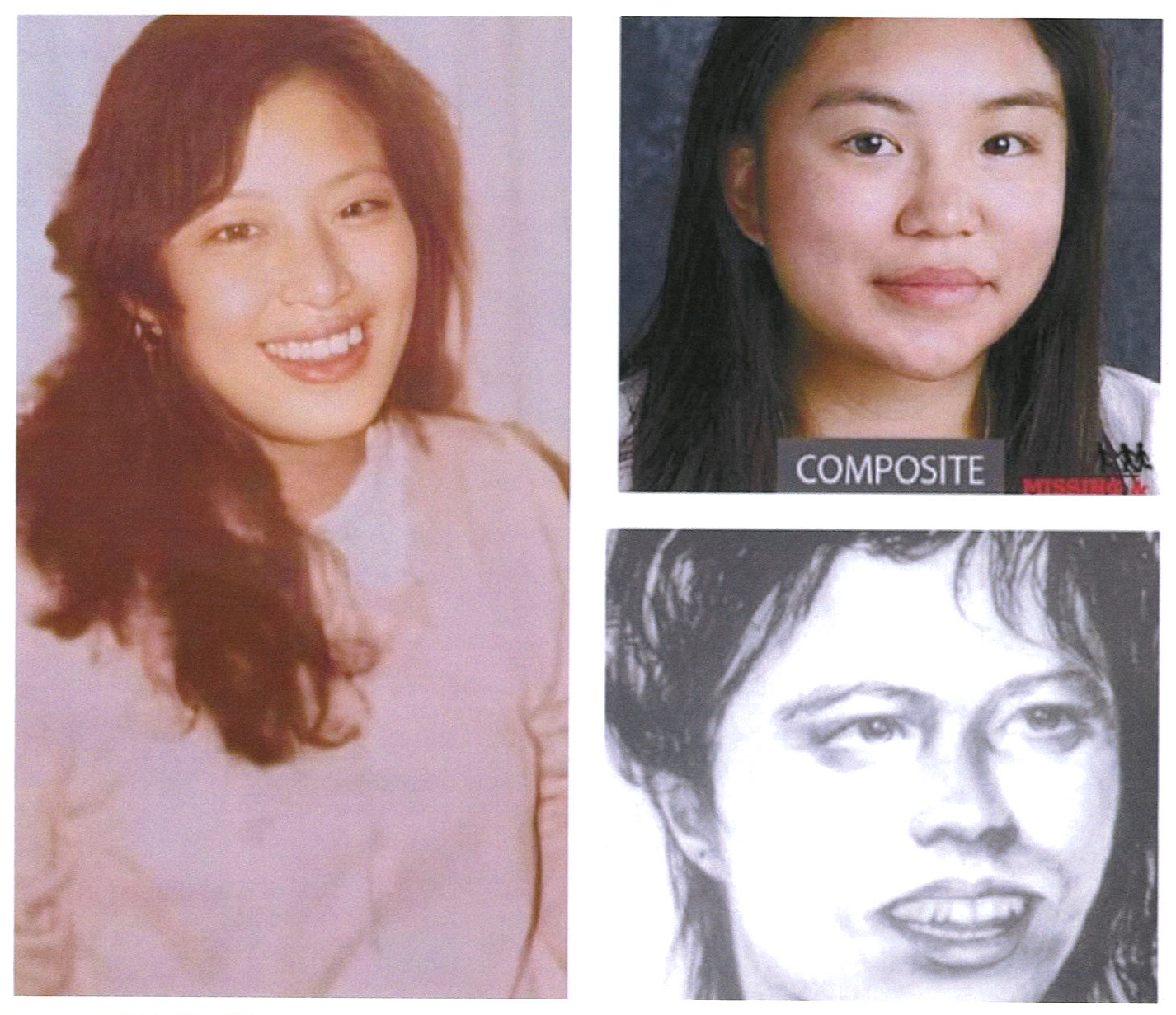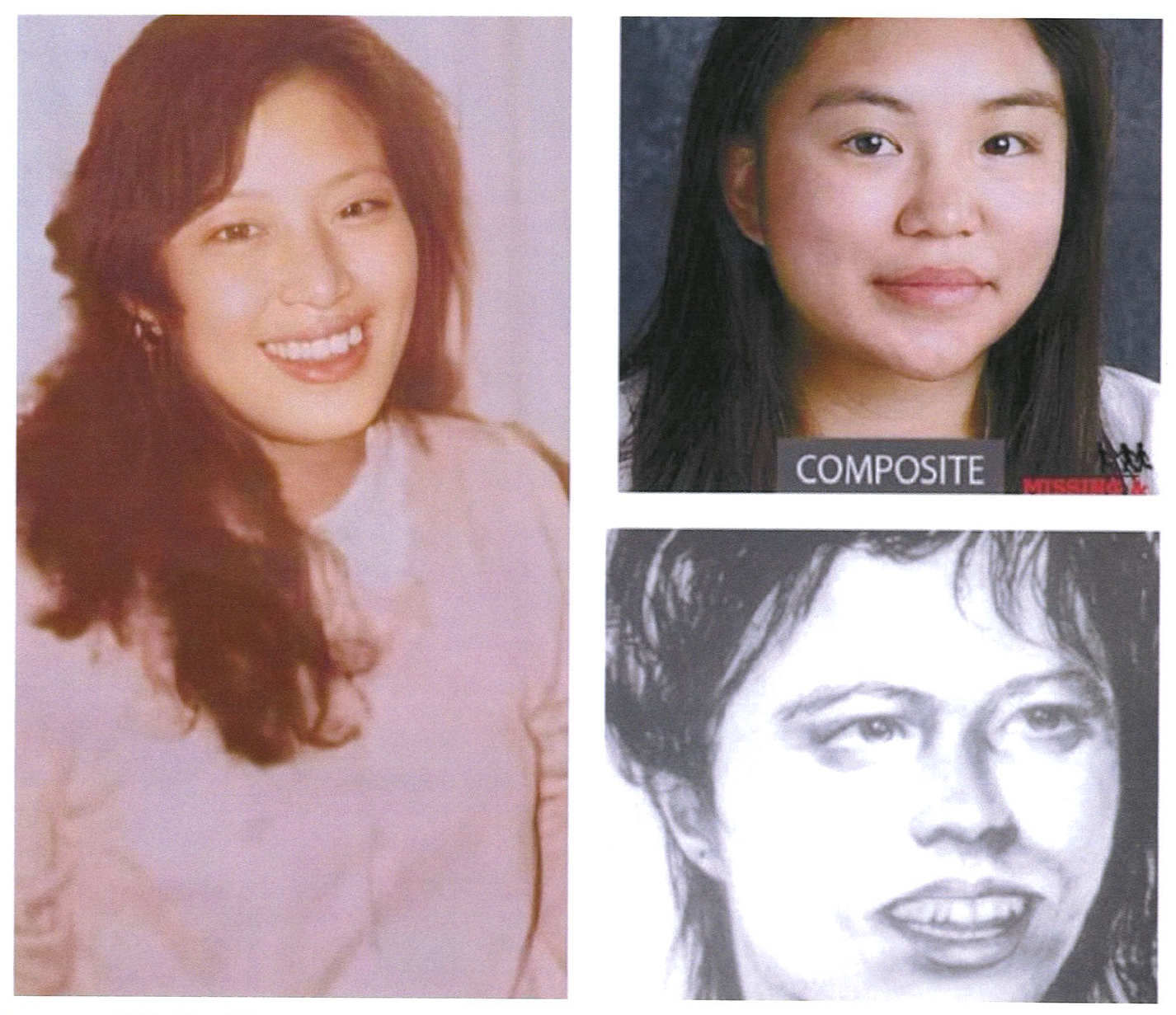In 2023, cold case group Project Justice helped fund DNA testing for the bureau. Kim’s body was cremated, so
Othram used DNA sampled from the blanket she was wrapped in to create a geneological profile, which created leads that identified Kim.
“The DNA was actually in very small amounts, but we were able to extract DNA and build a profile through forensic-grade genome sequencing that led to her identity,” Mittelman said. “It was geneology in this case, so she did have relatives in the database.”
“That’s why it’s so important to identify these victims, we want to give them their name back and give their family the peace of mind of where their loved one is,” Mittelman said. “and when we’re able to identify them, (law enforcement can) give context and help identify a perpetrator that is living in plain sight and thinks they got away with it.”
Opened in
The Woodlands in 2019,
Othram has solved 112 cases in the last 10 months, Mittelman said, including
another Georgia cold case Oct. 25.
“I really think this technology will end up making the world a safer and better place for all of us,” Mittelman said. “I think it’s going to allow for perpetrators to get caught the first time they commit a crime rather than the second, third, fourth or tenth. And I think it’s going to allow cold cases to go extinct one day.”
The Woodlands-based Othram, a forensics lab, used DNA testing to identify a woman in a cold case after she was found in a Georgia trash bin in February 1988.

www.houstonchronicle.com




